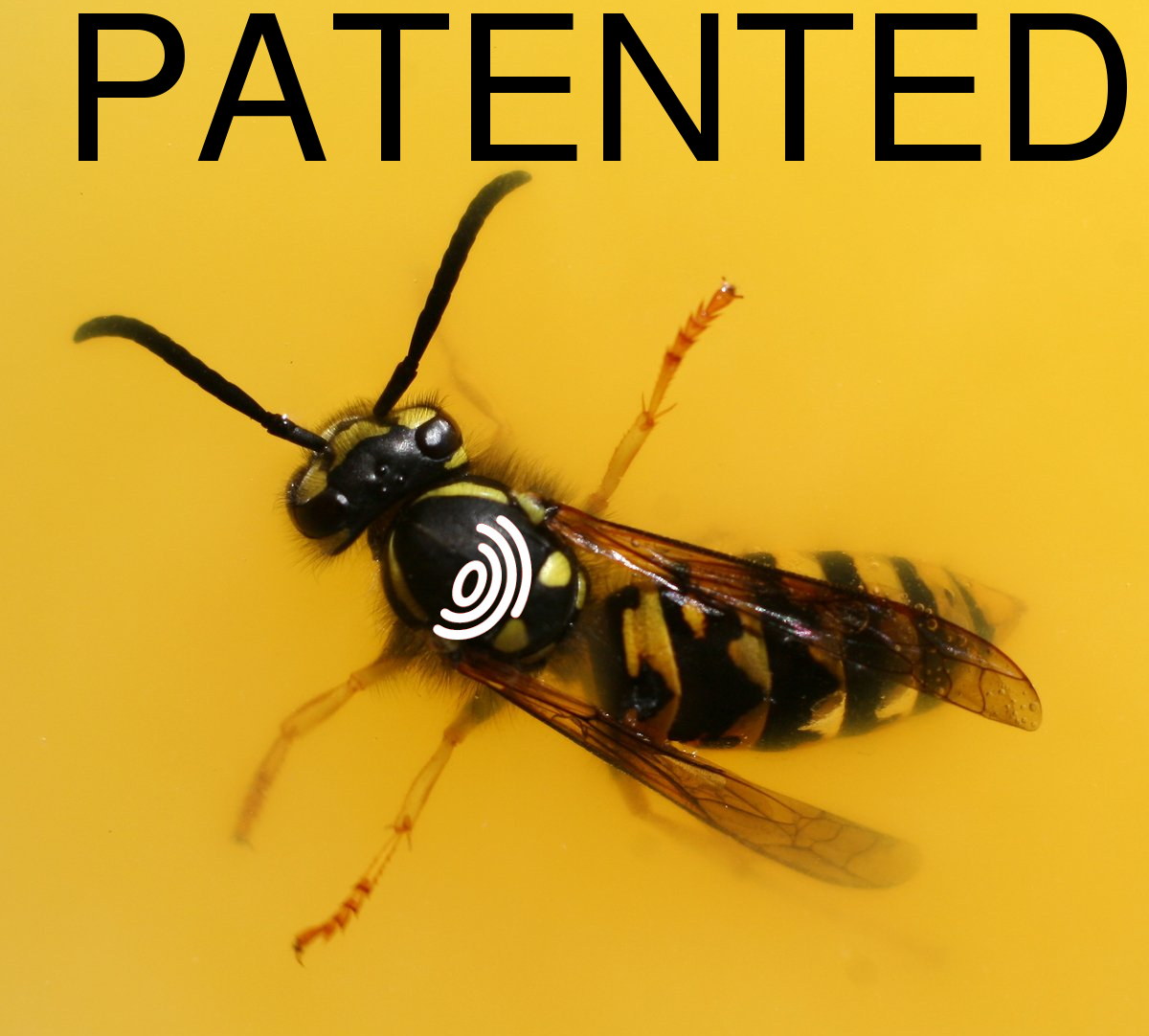

THE comments we are seeing around the Web aren't positive if/when they speak of the European Patent Office (EPO). The reputation is in tatters. It is the fault of the management, not the examiners' fault, as most of them are unwilling participants in this misguided and dangerous (to Europe and to the Office) agenda. The Frenchman António Campinos has done nothing different from his predecessor, who helped him get this job. It's merely an attitudinal (outward/public-facing) reform, not a concrete or practical one.
"Of course the EPO will do anything to deflect and distract from reality. Such decoy is the hallmark of Battistelli, who even created a programme that will give money to scholars in exchange for propaganda that serves the toxic agenda of his management."How much longer can the EPO carry on granting bogus patents? How much longer can the EPO carry on lying about the quality of such patents? "The German Federal Patent Court, in a recent decision, disallowed the extension of the supplementary protection certificates (SPC) regulation to an animal feed," said this article yesterday. It is hardly the exception because illegitimate European Patents, promoted by maximalists for profit, are perishing in court. All these bogus patents prove to be worthless, whereupon they're also nullified. SUEPO warned about it as recently as weeks ago. How many of these notorious European software patents stand a chance in court?
Of course the EPO will do anything to deflect and distract from reality. Such decoy is the hallmark of Battistelli, who even created a programme that will give money to scholars in exchange for propaganda that serves the toxic agenda of his management. Campinos continues this Battistelli tradition and over the past week we see it advertised almost every day. Here's yesterday's tweet: "Are you looking for funding for a research project on a patent-related topic? Apply for financial support from the EPO."
As long as you commend the naked emperor, money will be up for grabs. Whose money? Don't ask that question...
"Learn more about the patent system with these free-of-charge courses," the EPO tweeted yesterday. "The first in this list," I've responded, "teaches people to pursue fake patents by calling them "AI" even though they're software patents national courts would reject. This isn't education; it's EPO propaganda/indoctrination..."
Neil Wilkof/Constance Leong (the former posting a guest post for the latter) meanwhile posted this IPOS puff piece; Singapore is still rushing examination of fake or worthless patents on software by riding a meaningless and misleading buzzword, "FinTech" (it's a country of finance and tax evasion, from which it derives much of its heavily-centralised wealth). Since we've remarked on reports like this before (and this particular buzzword), we need not deconstruct it again but merely point how that those are mere algorithms pertaining to something "financial". The U.S. Patent and Trademark Office (USPTO) dealt with such nonsensical patents in Bilski and Alice. From Wilkof/Leong:
The first year of Singapore’s fast track patent scheme, known as the FinTech Fast Track (“FTFT”), has progressed so well, it would seem, that the Intellectual Property Office of Singapore (“IPOS”) is extending it another year, until 25 April 2020.
An example of how FTFT has sought to deliver on its promise to accelerate innovation is a digital technology company based in the Philippines, being granted the first accelerated patent under the scheme. After the filing of the application for fast-tracking in May 2018, together with a request for a Search and Examination Report, the applicant received the Search Report and a Written Opinion just one month later--in June 2018. Within another three months, by September 2018, a full substantive examination had been completed and found the patent application to be eligible for grant.
[...]
While the inaugural FTFT experience for IPOS has been a steep learning curve, its new-found success may boost its confidence in fast-tracking other emerging technologies. IPOS’s April recruitment drive for more patent examiners in the field of information and communications technology (ICT), computer science and engineering is a telling sign that it has an appetite for greater volume without compromising on patent examination standards.
Despite this, other competing technologies are burgeoning and may grow to surpass FinTech in importance in the foreseeable future. Hence, it remains to be seen if FTFT will be prolonged much further, beyond its current extension.